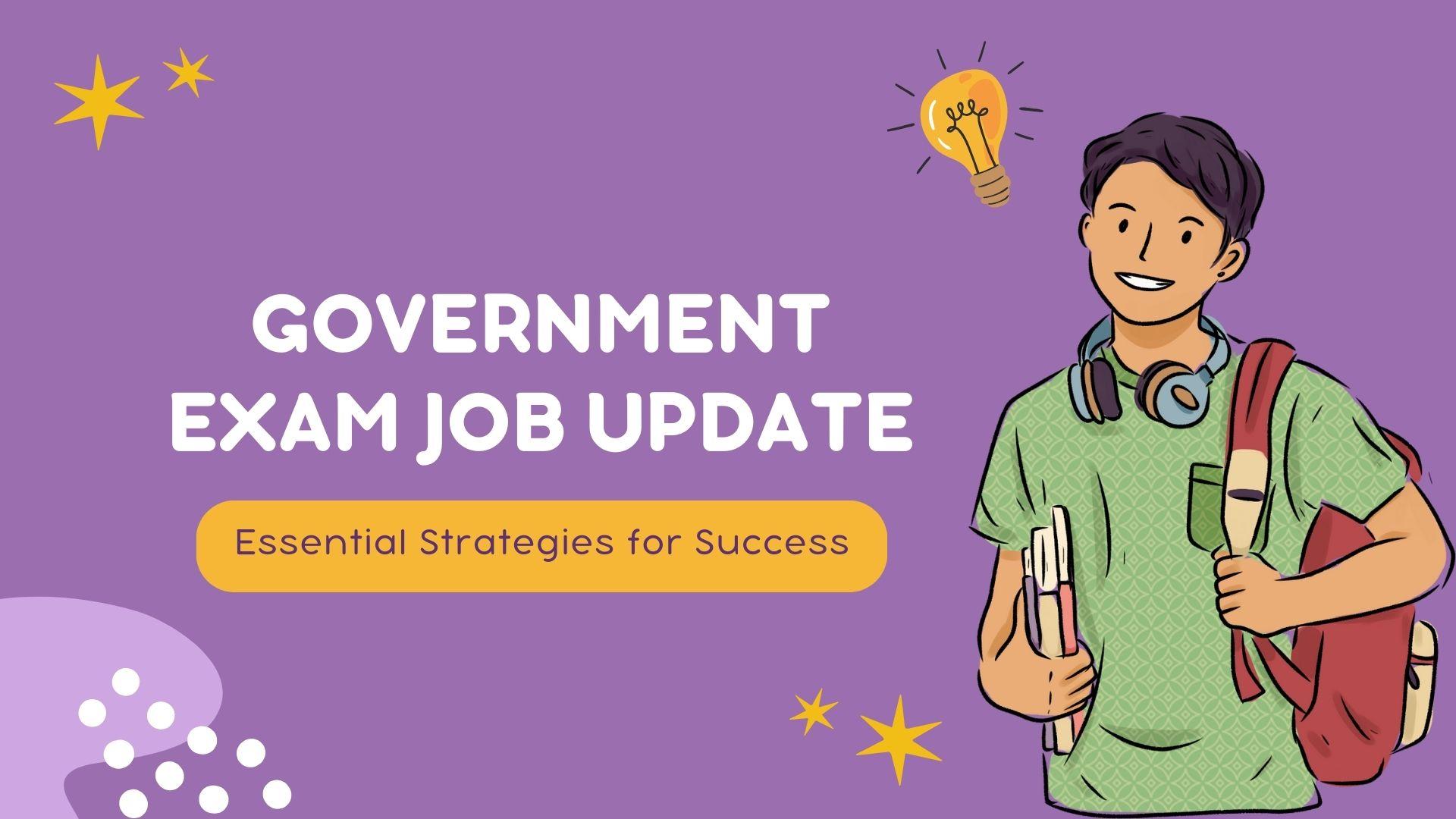Introduction:
Embarking on the journey of exam preparation can be both exhilarating and challenging. As we gear up for academic assessments, it's crucial to prioritize our mental well-being. In this article, we'll explore effective strategies to take care of your mental health during exam preparation, ensuring a balanced and productive approach to your studies.
-
Establish a Realistic Study Routine: Creating a study routine that aligns with your natural rhythm is essential. Break down your study sessions into manageable chunks, incorporating breaks to prevent burnout. Consistency is key, but be flexible and adjust your routine as needed.
-
Prioritize Self-Care: Amid exam stress, self-care often takes a backseat. However, maintaining basic self-care routines is vital. Ensure adequate sleep, a balanced diet, and regular exercise. These elements play a significant role in sustaining mental resilience.
-
Mindful Breathing and Relaxation Techniques: Incorporate simple mindfulness and relaxation techniques into your daily routine. Practice deep breathing exercises or short meditation sessions to help alleviate stress. These techniques can be powerful tools to calm your mind and improve concentration.
-
Set Realistic Goals: Establish achievable study goals to maintain a sense of accomplishment. Break down larger tasks into smaller, more manageable objectives. Celebrate your achievements, no matter how small, to boost motivation and reduce feelings of overwhelm.
-
Stay Connected with Supportive Relationships: Isolation can exacerbate stress levels. Maintain connections with friends, family, or support groups. Sharing your concerns and seeking advice can provide emotional relief and different perspectives on overcoming challenges.
-
Manage Exam Anxiety: Exam anxiety is common, but managing it is crucial for overall well-being. Practice relaxation techniques, positive visualization, and positive affirmations to shift your mindset. Break down the exam content into smaller sections to make it more approachable.
-
Take Breaks and Engage in Hobbies: Allow yourself breaks during study sessions to prevent mental fatigue. Engage in activities you enjoy, whether it's reading, listening to music, or pursuing a hobby. These breaks can rejuvenate your mind and enhance productivity.
-
Seek Professional Support: If feelings of stress or anxiety become overwhelming, consider seeking professional support. Mental health professionals can provide coping strategies and support tailored to your individual needs.
Conclusion:
Prioritizing mental health during exam preparation is not just an indulgence; it's a necessity for sustained success. By incorporating these strategies into your routine, you can create a healthy balance between academic excellence and personal well-being. Remember, taking care of your mental health is an investment in your future success and overall happiness.

